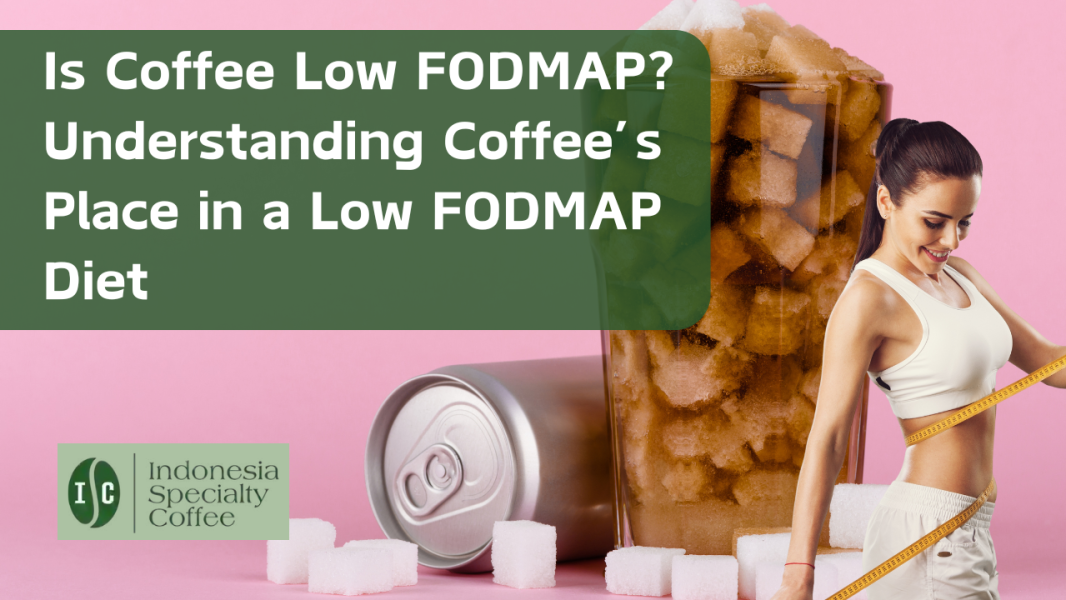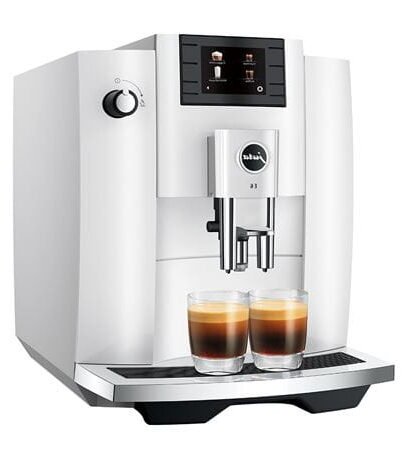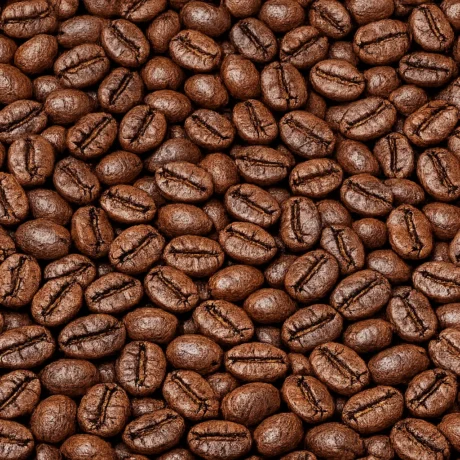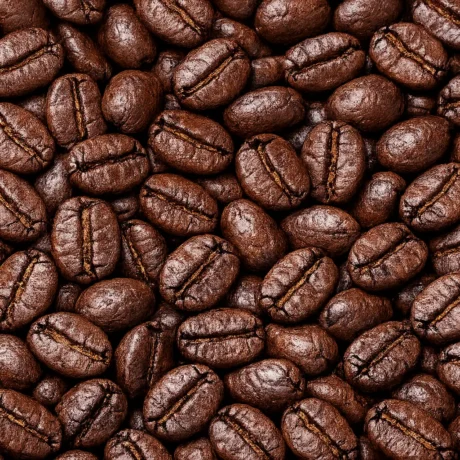The low FODMAP diet has gained popularity as a strategy to manage symptoms of Irritable Bowel Syndrome (IBS). FODMAPs, which stand for fermentable oligosaccharides, disaccharides, monosaccharides, and polyols, are a group of short-chain carbohydrates that can cause digestive discomfort in some individuals. The low FODMAP diet involves restricting foods high in these carbohydrates to alleviate symptoms such as bloating, gas, and abdominal pain.
For many people, coffee is a beloved part of their daily routine. Whether it’s a morning pick-me-up or an afternoon treat, coffee provides a comforting ritual and a burst of energy. But for those following a low FODMAP diet, questions often arise about whether coffee is safe to consume. The good news is that coffee itself is considered a low FODMAP beverage, making it generally safe for individuals adhering to this dietary approach. However, there are some nuances to consider, particularly regarding caffeine and the way coffee is prepared.
Coffee and FODMAPs
Coffee’s classification as a low FODMAP beverage stems from its minimal content of fermentable carbohydrates that can trigger digestive discomfort. This makes it a suitable choice for those managing IBS through dietary adjustments. While coffee itself is low in FODMAPs, the presence of caffeine introduces a variable that can affect individuals differently, especially those with sensitivities related to IBS.
Caffeine and IBS
Despite coffee’s low FODMAP content, caffeine can exacerbate symptoms of Irritable Bowel Syndrome (IBS) for some individuals. This can include increased bowel movements, abdominal pain, or discomfort. It’s important to consider this factor when evaluating coffee’s role in a low FODMAP diet.
Consumption Methods and FODMAP Status
How coffee is prepared and consumed can influence its FODMAP status significantly. Here are some key considerations:
Black Coffee
Black coffee is inherently low in FODMAPs because it contains no added sugars or dairy products that could contribute to fermentable carbohydrates. This makes it a safe choice for those following a low FODMAP diet.
Low FODMAP Milk Substitutes
To maintain a low FODMAP status, coffee can be paired with lactose-free milk or almond milk, both of which are low in FODMAPs compared to regular dairy milk or soy milk not made from soy protein.
Decaf Coffee
Decaffeinated coffee is also acceptable on a low FODMAP diet, provided it is consumed black or with a low FODMAP milk substitute. This option allows individuals sensitive to caffeine to still enjoy coffee without exacerbating their symptoms.
High FODMAP Additives
Adding high FODMAP ingredients like regular milk or soy milk not made from soy protein can increase the FODMAP content of coffee. This may make it unsuitable for those strictly following a low FODMAP diet.
Individual Tolerance and Recommendations
Individual tolerance to coffee, both caffeinated and decaffeinated, can vary significantly among people with IBS. It’s essential for individuals to monitor their own symptoms and adjust their coffee consumption accordingly. Consulting with a healthcare professional or a registered dietitian can provide personalized guidance on incorporating coffee into a low FODMAP diet.
Conclusion
In conclusion, coffee can be a part of a low FODMAP diet for individuals with IBS, given its low FODMAP content. However, the presence of caffeine and the way coffee is prepared can impact its suitability. Opting for black coffee or coffee with low FODMAP milk substitutes is recommended to minimize potential digestive discomfort. As with any dietary adjustment, it’s crucial to listen to your body and seek professional advice if needed to ensure optimal digestive health.
Interested in Indonesian raw coffee beans? check our green coffee beans product. Contact us at info@specialtycoffee.id or WhatsApp +62 811 6380 606 to place your order.





